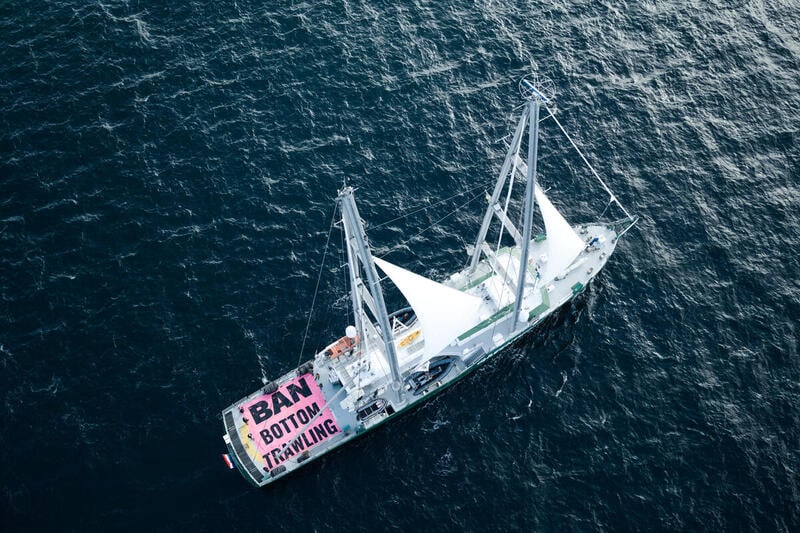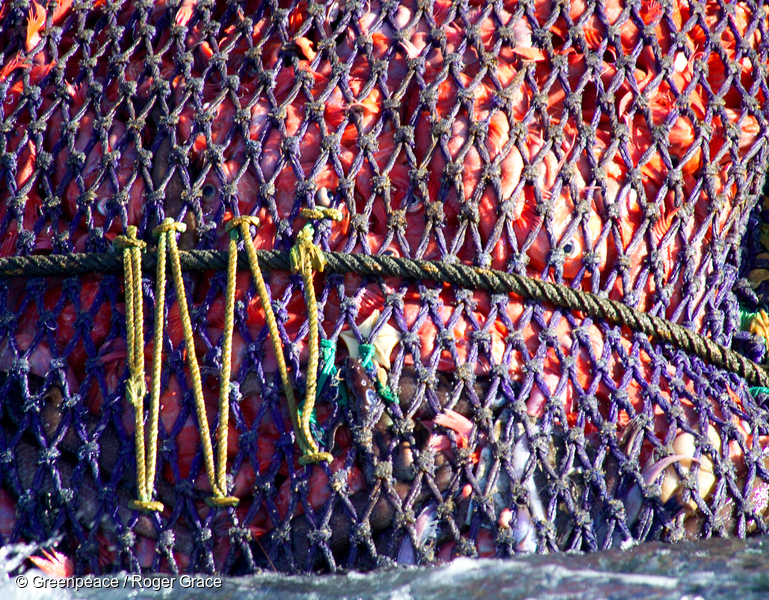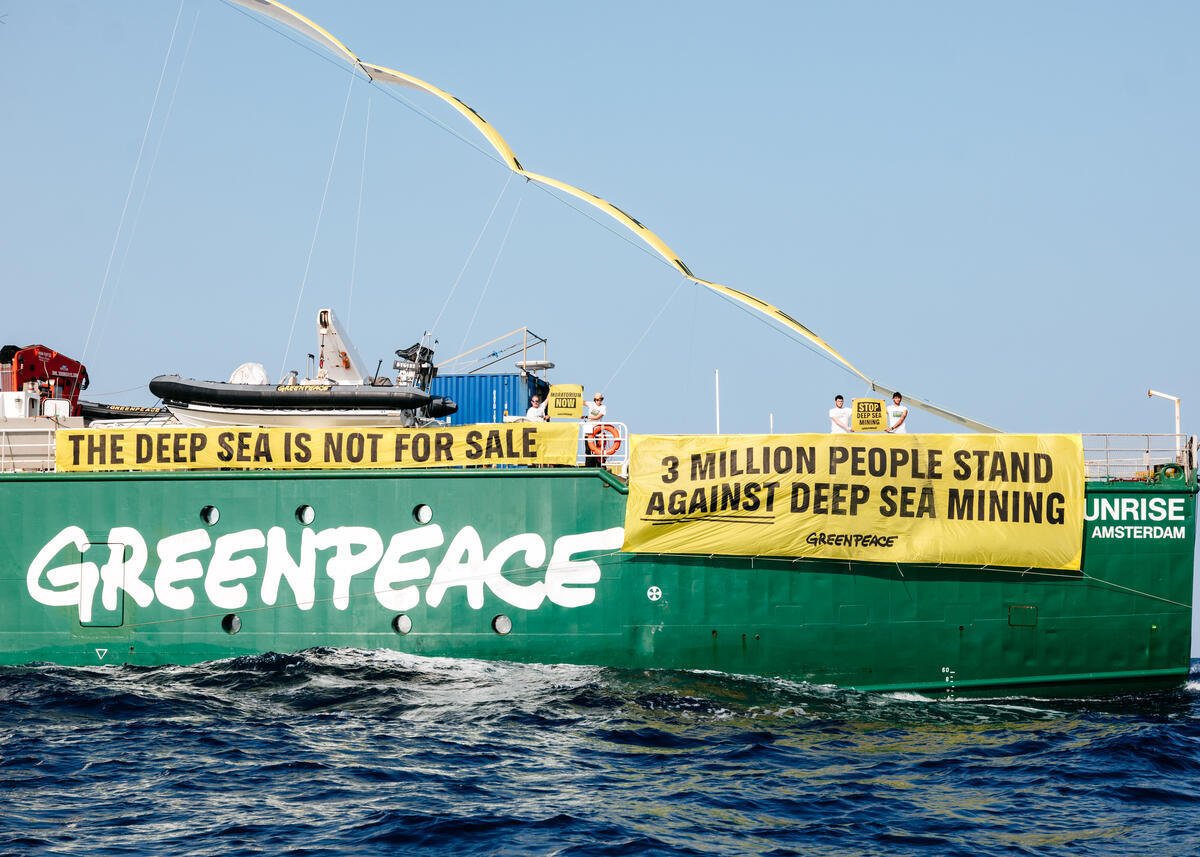“Swapping plastic bags for reusable cloth bags and giving up plastic straws and bottles are all great things to be doing,” she says. “But if we really want to halt the scourge of single use plastic in our oceans – we need to work together to stop the plastic at source.”
Ahead of Earth Day (April 22) more than a million people are demanding that the world’s largest corporations reduce their production of single-use plastic.
Earth Day has become an opportunity for many corporations to greenwash around recycling efforts and continue churning out throwaway plastic.
“We are reaching a tipping point on single-use plastics, and it is time for any corporation that cares about a healthy planet to go beyond recycling alone. Throwaway plastics continue to pour into our oceans, our waterways, and our communities at an alarming rate,” says Di Palma.
Greenpeace, as part of the #BreakFreeFromPlastic movement, is urging individuals worldwide to contribute to a “Million Acts of Blue”: escalating actions that push local businesses and corporations to reduce the reliance on single-use plastics.
In New Zealand, the movement to curb plastic pollution is snowballing. 70,000 people signed the Greenpeace petition calling on the Government to ban single use plastic bags.
Last week Greenpeace gave evidence alongside retailers to the Environment Select Committee supporting the idea of a nationwide regulatory ban on single use plastic bags.
New Zealanders are being urged to take the next step by lobbying our MPs to commit to a plastic bag ban, writing to editors about the issue and campaigning for local businesses to ditch other single use plastics as part of the Million Acts of Blue.
“We must address the corporate addiction to single-use plastics and demand that our government begin regulating this out-of-control industry,” says di Palma.”This Earth Day, it is time to confront the reality that we cannot simply recycle our way out of this mess.”
Notes:
A study revealed that 91 percent of the world’s plastics have not been recycled.
The equivalent of one truckload of plastic enters our oceans every minute.
Plastic pollution can choke or entangle marine life, including seabirds, turtles, and whales.
The United Nations Environment Programme (UNEP) estimates that ocean plastics are responsible for the deaths of hundreds of thousands of sea creatures each year.
The international #BreakFreeFromPlastic movement is comprised of more than 1,100 groups, including Greenpeace, pushing for corporations to reduce and eventually phase out single-use plastic production.



